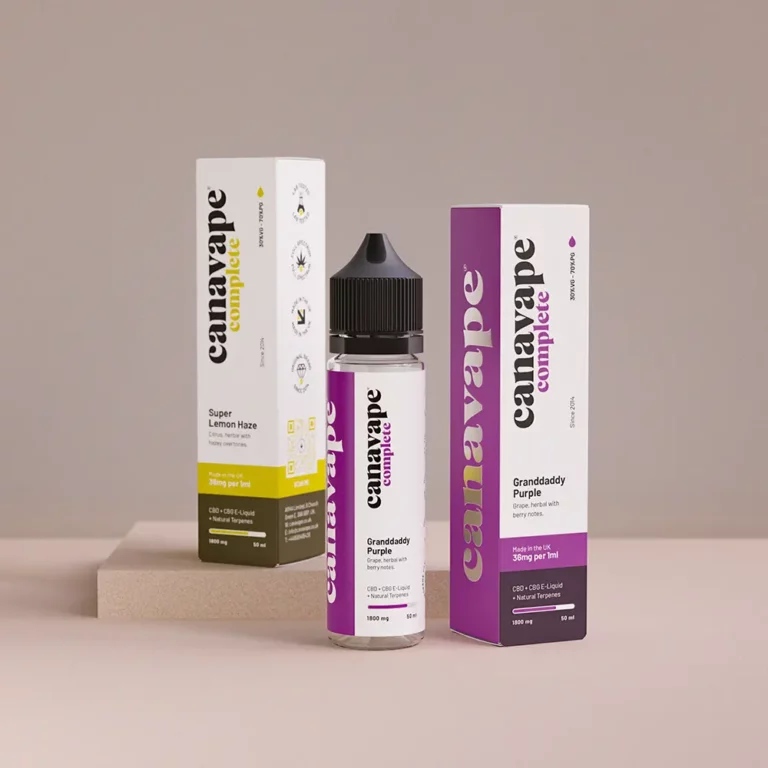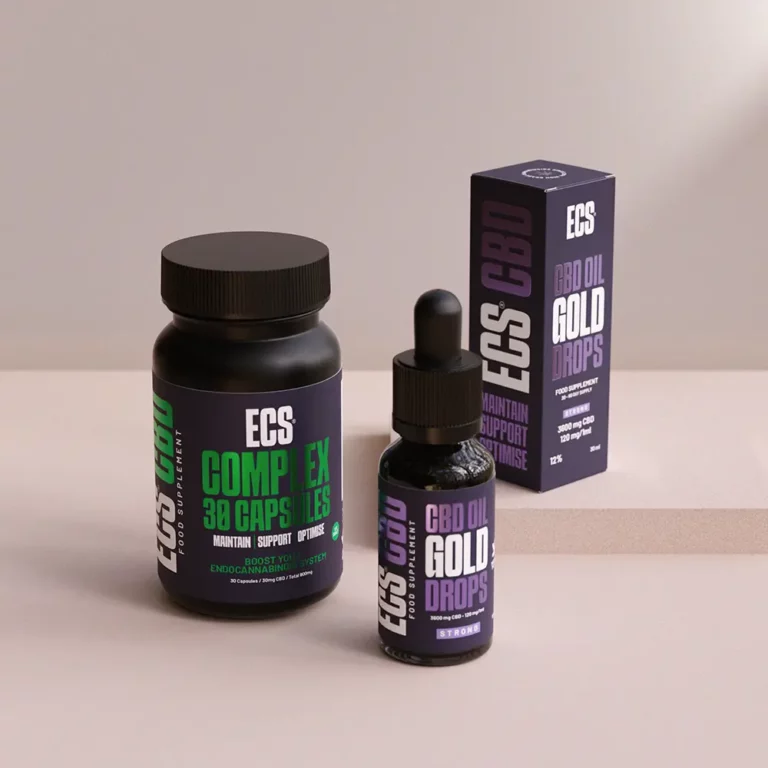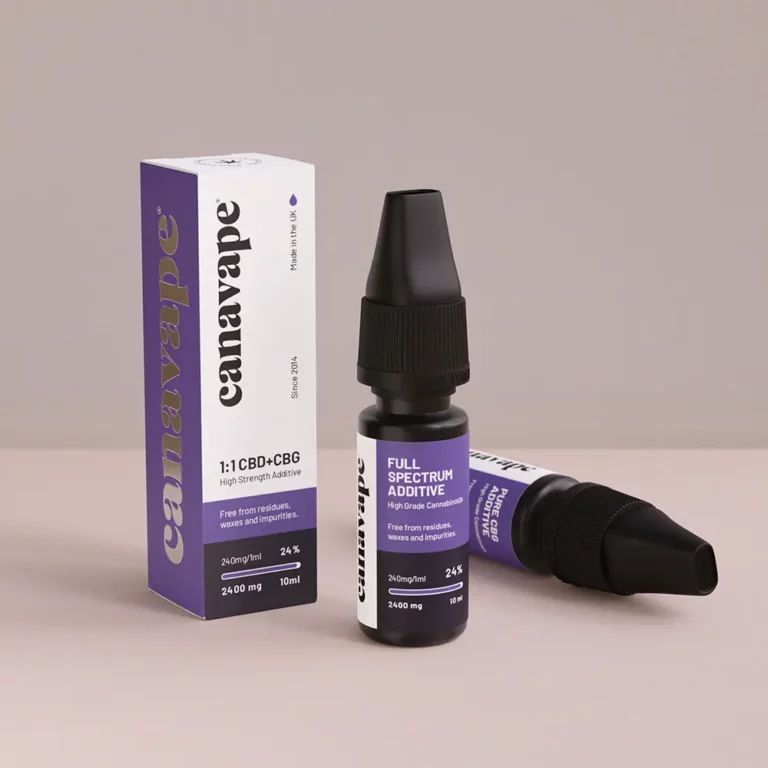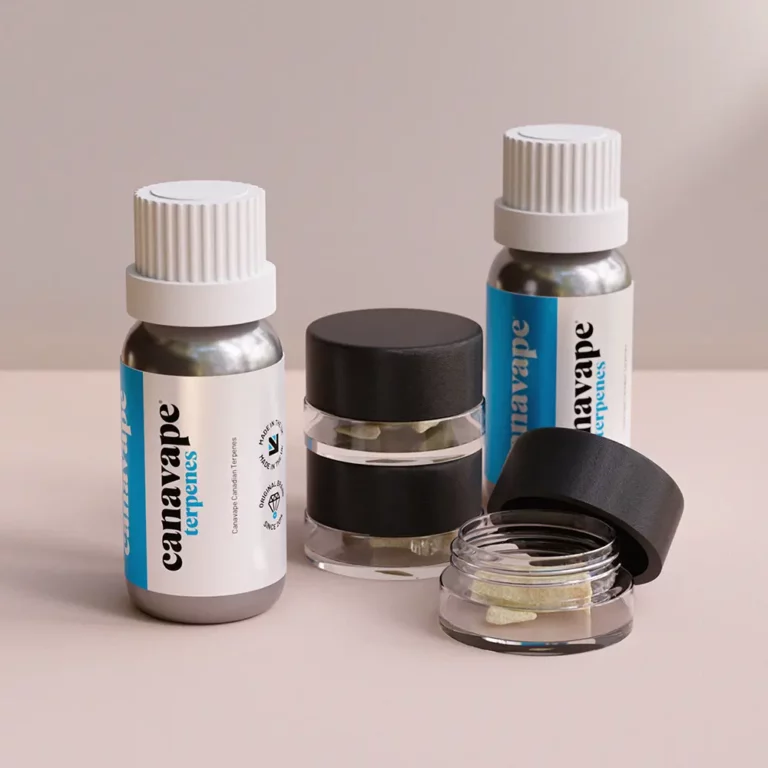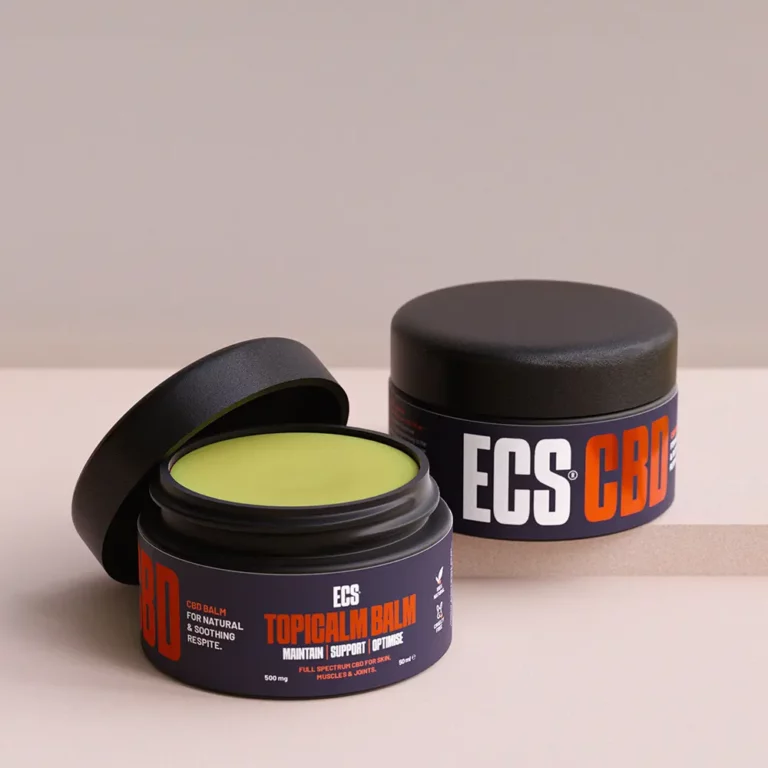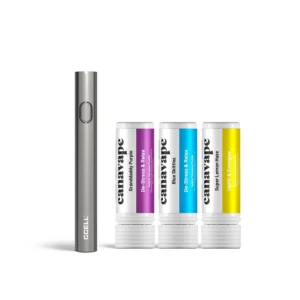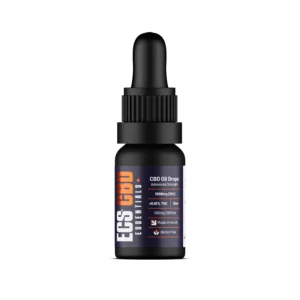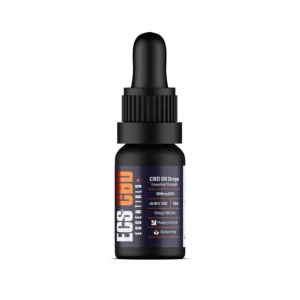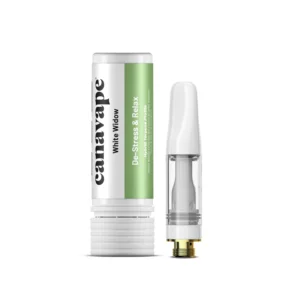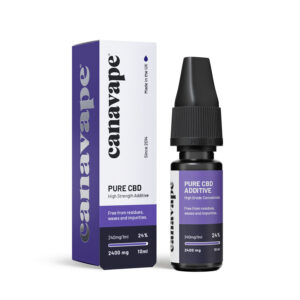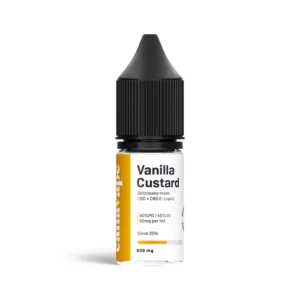There has been a growing interest in the potential therapeutic benefits of CBD oil, which is derived from the cannabis plant. However, concerns have been raised about the potential risks and side effects associated with its use. One of the questions that often arises is whether CBD oil can cause psychosis.
Psychosis is a mental health condition characterized by a loss of touch with reality, including hallucinations, delusions, and disorganized thinking. It is commonly associated with conditions such as schizophrenia and bipolar disorder. While CBD oil has been praised for its potential therapeutic effects, it is essential to examine the evidence regarding its link to psychosis.
Background
CBD, or cannabidiol, is a non-psychoactive compound found in cannabis plants. Unlike THC, another compound found in cannabis, CBD does not produce the characteristic “high” associated with marijuana use. Instead, it is believed to have various potential therapeutic benefits, including anti-inflammatory, analgesic, and anxiolytic properties.
While CBD has gained popularity in recent years, it is crucial to note that research on its effects is still in its early stages. The limited studies available suggest that CBD may have potential therapeutic benefits for various conditions, including epilepsy, anxiety, and chronic pain. However, more research is needed to fully understand its mechanisms of action and potential side effects.
Key Principles
When it comes to the potential link between CBD oil and psychosis, it is essential to consider the following key principles:
- THC Content: CBD oil derived from hemp plants typically contains minimal levels of THC, the psychoactive compound responsible for the “high” associated with marijuana use. In contrast, CBD oil derived from marijuana plants may contain higher levels of THC, which could potentially contribute to psychosis in susceptible individuals.
- Individual Susceptibility: While CBD oil itself is not considered to be psychoactive, individual susceptibility to psychosis may vary. Some individuals may be more prone to developing psychosis due to genetic, environmental, or other factors. It is crucial to consult with a healthcare professional to assess individual risk factors before using CBD oil.
- Quality and Purity: The quality and purity of CBD oil products can vary significantly. It is essential to choose reputable brands that provide third-party lab testing to ensure the absence of harmful contaminants and accurate CBD concentration. Poor-quality products may increase the risk of adverse effects, including psychosis.
Conclusion
While CBD oil has shown promise in various therapeutic applications, the evidence regarding its potential to cause psychosis is limited. CBD oil derived from hemp plants with minimal THC content is generally considered safe and non-psychoactive. However, individuals with a history of psychosis or those at risk should exercise caution and seek professional medical advice before using CBD oil.
As with any supplement or medication, it is crucial to consult with a healthcare professional before starting CBD oil to ensure its suitability and safety, especially for individuals with pre-existing mental health conditions. By considering individual susceptibility, THC content, and product quality, users can make informed decisions regarding the use of CBD oil for their specific needs.

